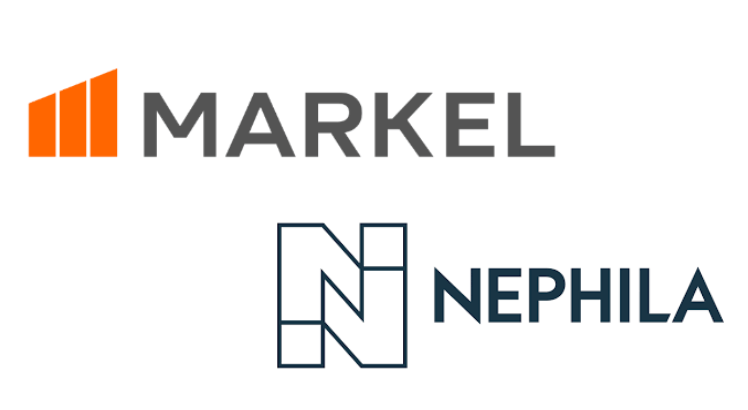Markel positioned for Nephila Capital fee upside if 2024 cats manageable: TD Cowen

Analysts at TD Cowen have said that they believe Nephila Capital is well-positioned to deliver upside to its parent Markel, if catastrophe losses for 2024 come out at a manageable level.
The TD Cowen analyst team noted in a recent report on Markel that while the insurance-linked securities (ILS) funds at Nephila Capital had previously been below their high-water marks, in 2024 all are said to be above those levels opening the door to higher performance fee earnings for the parent company after this year.
TD Cowen believes that Nephila Capital could now see “performance fees sharply improve in 2025 if catastrophe activity in 2024 is relatively low.”
Markel had reported after 2023 that as “substantially all funds are above” the high-water marks now, “Future
profitability for Nephila stands to improve meaningfully as a result.”
With 2024 having begun with a relatively benign level of catastrophe loss events of the size that troubles ILS fund strategies, it stands to reason that should the second-half prove similar, the Nephila strategies could do very well for Markel this year.
Of course, this reads across positively to many others in the ILS fund market, where performance after 2023 has helped to put strategies on a stronger-footing for 2024.
TD Cowen’s analysts note that the hurricane season is the main factor that could lower,or erase, the chances of more upside for Markel out of Nephila earnings this year. The same goes for the entire ILS sector, of course.
But there are some other factors to consider, not least the continued integration of Nephila’s business as a catastrophe risk capital manager into the wider Markel operational universe.
Nephila Capital leverages the fronting services of Markel entities and State National to make its deployment of capital and assumption of risk for its ILS fund strategies and investors more efficient, meaning assets under management are a less important factor than they would have been when it was a standalone manager in the space, we suspect.
It’s also worth remembering that, with the help of Markel, Nephila Capital dealt with its legacy reserves and eliminated trapped capital for its investors through an arrangement entered into with the help of an adverse development cover (ADC) from its parent, which has put it on stronger footing going forwards.
On top of that, as we reported, Markel began to front ceded reinsurance contracts for the Nephila business for the first time this year, largely in industry-loss warranty (ILW) form, as the ILS manager looked to better protect itself and provide more downside cover for its investor base.
Naturally, that also provides downside cover for the earnings Markel can make from the Nephila ILS business as well.
The Nephila story of the last few years, as it has become more deeply integrated into Markel and found an increasing number of ways to leverage the infrastructure of its parent, while also working to protect and support its investors, is a positive example of how the ILS market has proactively moved forwards after a number of challenging years caused by significant catastrophe losses that hit portfolios right at the time pricing and terms were at their softest and most stretched.
ILS managers, like Nephila, are well-positioned in 2024, but of course the threat of catastrophes is the main downside risk, as that is the exact reason these companies exist, to provide efficient and diversified risk capital to support global insurance and reinsurance markets.
While the upside potential of a less impactful year are clear for those owning and operating ILS fund managers, the investors trusting them to deploy their capital will also benefit commensurately should the catastrophe burden prove manageable in 2024.






